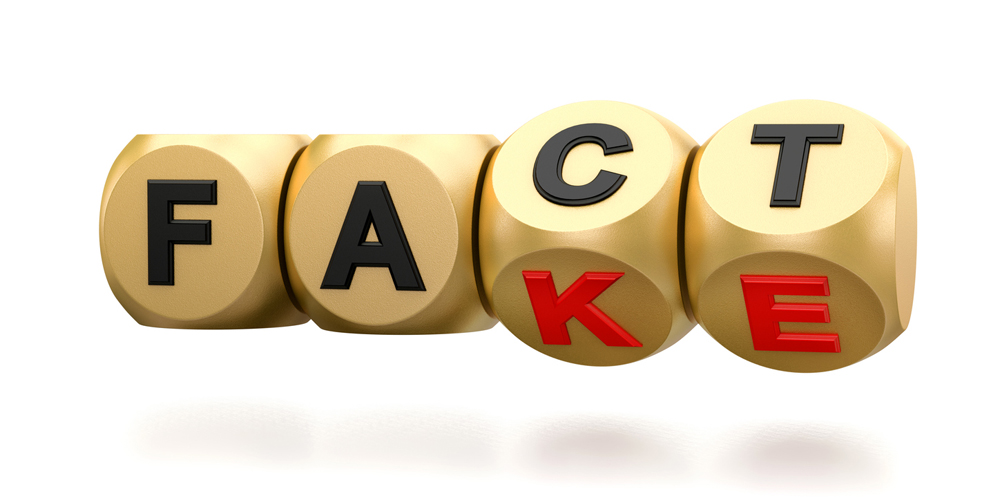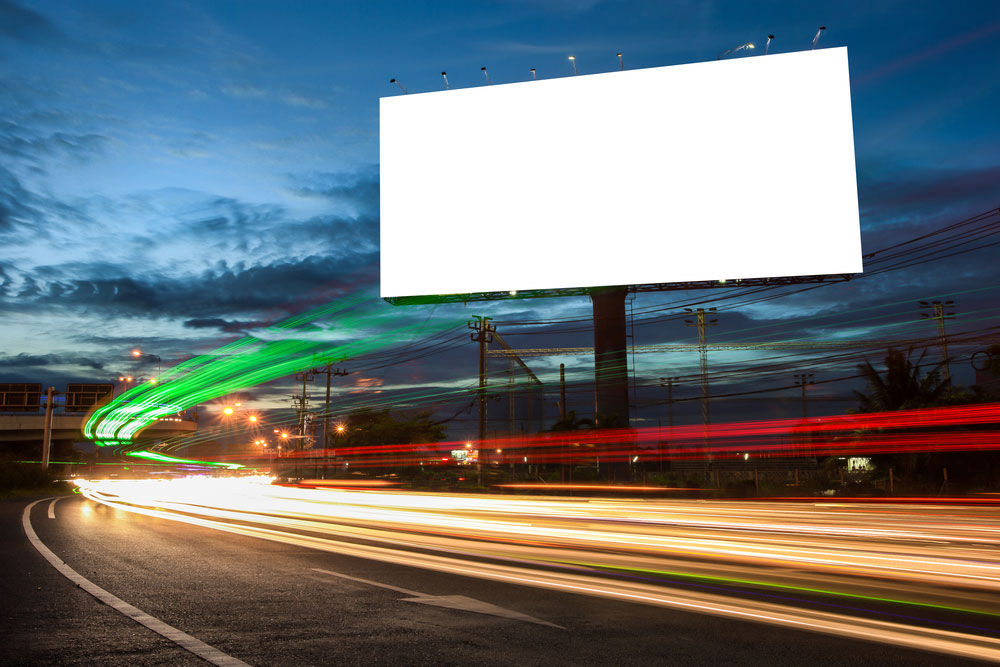Advertising, the maxim goes, is the art of convincing the consumer to buy something he or she does not need. Deception is thus an inescapable part of the trade. But such trickery can have dangerous outcomes. Take, for instance, advertisements for products that claim to cure AIDS or cancer, hoodwinking critically ill patients who are unlikely to seek much-needed medical help as a result. It is this risk that prompted the health ministry to propose the draft drugs and magic remedies (objectionable advertisements) (amendment) bill, 2020 which seeks to impose stricter penalties for misleading advertisements. Significantly, the draft has expanded the definition of advertisement under the law to cover electronic media and the internet. Since the rise of social media and the advancement of technology have radically changed the nature of advertising, the amended bill will bridge an important gap. Besides that, the draft hardly covers new ground. The Consumer Protection Act, 2019 already stipulates stringent punishments for misleading advertisements. This, however, has not made much of a difference in reality besides swelling the number of pending litigations filed by consumers seeking redressal of grievances. Further, simply putting a curb on deceptive advertisements is not enough; the failure of the ban on promotion of tobacco products to check consumption patterns is proof of this. There is another reason why the new draft is not sufficient. Existing laws hold everyone from advertisers to endorsers and broadcasters responsible for misleading advertisements. But what about government agencies that allow dubious products — say, herbal remedies for curing tumours sold by politically influential ayurveda experts — into the market or ministries that issue circulars suggesting symptomatic treatment for a virus that has no known cure?
While the law should apply equally to all, including the State, exerting greater control is not always an effective deterrent to deviant behaviour, especially in a creative medium like advertising that can follow the letter of the law while bending its spirit. Consumer awareness advertisements issued by the government can be more effective in protecting gullible consumers. Such advertorials cannot only warn people against the perils of being misled but also counter social stigma, such as the one against dark skin, that advertisers exploit to sell products.












